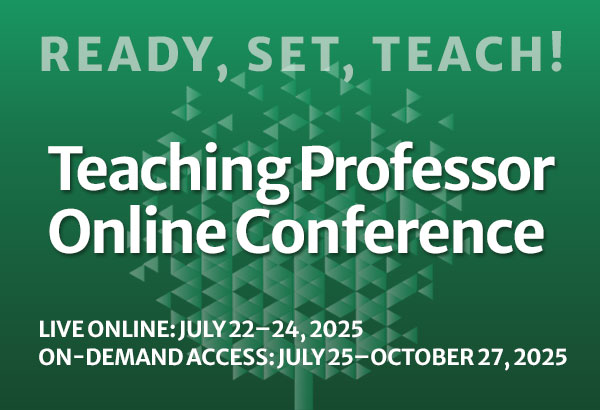Encouraging Engagement by Adding Job-Like Elements to a Course
Making college coursework interesting and relevant is a challenge. Recently, I considered using some sort of gaming strategy to motivate my students, but as I thought about what I really wanted them to gain from my class, it became clear that I needed to do




